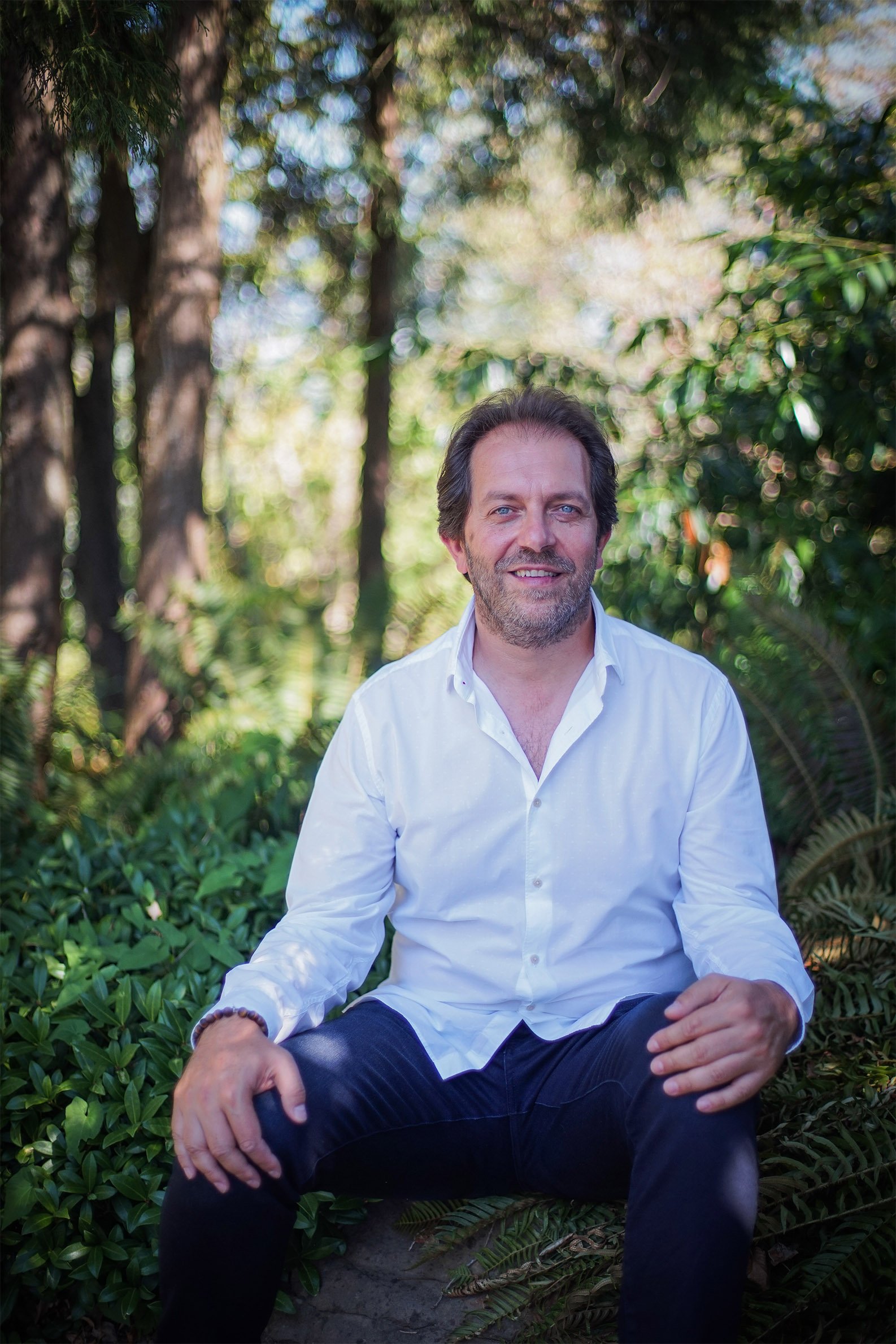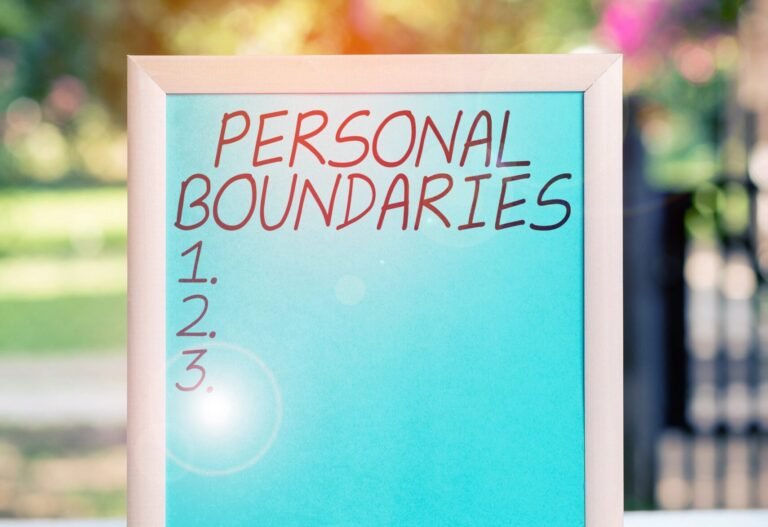
Understanding the Dynamics:
Attraction in a relationship is not solely about physical appearance; it’s an intricate blend of emotional, psychological, and energetic elements. A key concept underlying this phenomenon is depolarization — the diminishing interplay between complementary energies. In a healthy dynamic, these energies challenge and complement each other, creating a spark that ignites both passion and connection. When this interplay falters, it often results in one partner feeling disempowered or insecure, while the other may experience a loss of purpose or drive. This subtle shift can gradually transform the relationship from a passionate romance into a comfortable but emotionally flat companionship.
How to Reignite the Spark:
The loss of attraction is often insidious, creeping in slowly, sometimes without either partner fully realizing it. Small acts of neglect or unintentional miscommunication can lead to emotional distancing. To counteract this:
- Create spaces for spontaneity and playfulness.
- Express sincere appreciation and admiration regularly.
- Engage in activities that foster growth and excitement together.
Reigniting attraction is possible through deliberate acts of kindness, thoughtful gestures, and genuine emotional connection that remind each partner of their unique appeal and significance. Be fully present with your partner and give them your full attention when you are together, as this presence fosters a deeper sense of connection and appreciation.
Breaking Down the Cycle:
Relationships often suffer from a four-stage emotional build-up:
- Resistance: Minor grievances arise, such as feeling unappreciated for household chores or disagreeing on small decisions like weekend plans. For example, one partner may feel frustrated that they are always the one doing the dishes but choose not to mention it, thinking it’s not worth starting an argument. Another example is when a partner feels hurt that their significant other forgot an important date, like an anniversary, but brushes it off with, “It’s not a big deal,” even though it bothers them deeply. Instead of addressing these issues openly, one partner suppresses their feelings to avoid conflict. This avoidance can lead to subtle shifts in behavior, like reduced enthusiasm during interactions, passive-aggressive comments such as sarcastic remarks about “always being the one to clean up,” or withdrawing emotionally, which can accumulate over time and create distance in the relationship.
- Resentment: As these unaddressed issues pile up, frustration builds beneath the surface. For example, a partner may start feeling taken for granted because their contributions go unnoticed, like consistently preparing meals without receiving acknowledgment or gratitude. Over time, they might feel unappreciated and undervalued. This lingering tension often resurfaces in unexpected ways, such as snapping over trivial matters—for instance, getting disproportionately upset when the other partner forgets to buy milk—or becoming overly critical during disagreements, like pointing out every small flaw during an argument unrelated to the original issue. Everyday interactions become tinged with bitterness, with passive-aggressive comments or cold, distant behavior replacing warmth and affection.
- Rejection: Lingering resentment can lead to emotional withdrawal. A partner might start declining invitations to spend time together, such as consistently refusing date nights or social gatherings with mutual friends, citing vague reasons like being “too tired” or “too busy.” They may avoid meaningful conversations, offering one-word responses or changing the subject when deeper topics arise. For example, when asked “How was your day?” they might respond with a curt “Fine” and leave it at that, showing little interest in elaborating or engaging. Indifference toward the other’s feelings can manifest through dismissive comments like, “You’re overreacting,” or showing a lack of concern during moments of emotional distress. This phase is marked by defensiveness, where criticism replaces empathy—such as responding to feedback with, “Well, you’re not perfect either”—and caring gestures, like thoughtful surprises or affectionate touch, become rare, further deepening the emotional divide.
- Repression: Eventually, both partners may retreat into emotional numbness, feeling disconnected and isolated within the relationship. For example, they might spend evenings in separate rooms, one partner engrossed in work or hobbies while the other watches TV alone, with minimal interaction beyond logistical conversations like “Did you pay the bills?” or “What’s for dinner?” They might stop sharing their thoughts and feelings altogether, avoiding discussions about their day, emotions, or future plans. Another example is when one partner faces a personal struggle, such as stress at work, but chooses not to confide in the other, believing it won’t make a difference. This stage can create a sense of learned helplessness, where both individuals feel trapped, believing that change is no longer possible. This emotional void often leads to seeking emotional fulfillment outside the relationship, such as confiding in friends, engaging excessively in social media, or even developing emotional connections with others outside the partnership, leading to an even greater emotional divide and making it increasingly difficult for both partners to reconnect and restore intimacy.
How to Break the Cycle:
Understanding this cycle transforms isolated incidents into a recognizable pattern of disconnection. Break the cycle by:
- Addressing resistance early: Don’t let small issues fester. For example, if your partner forgets to pick up groceries or makes a comment that unintentionally hurts your feelings, address it gently rather than brushing it aside. You might say, “I felt a bit overlooked when you forgot the groceries because I was counting on that for dinner. Can we figure out a reminder system?” or “That joke hurt my feelings; I know it wasn’t your intention, but I wanted to share how it affected me.” Addressing these issues early prevents resentment from building. Regular check-ins, like a weekly ‘relationship review,’ can create a safe space to discuss any concerns before they grow into bigger problems. Practicing open, non-defensive communication fosters emotional safety and strengthens the bond over time.
- Fostering an environment of vulnerability and compassion: Creating a space where both partners feel safe to express their true thoughts and emotions without fear of judgment is key to emotional intimacy. For example, instead of dismissing a partner’s feelings with comments like “You’re overreacting,” respond with understanding and curiosity: “I can see this really upset you. Can you help me understand more about what you’re feeling?” This approach validates emotions and encourages openness. Another example is sharing your own vulnerabilities, such as admitting, “I felt insecure when I saw you spending more time with your colleagues than with me. It made me worry that I’m not as important to you.” This level of honesty invites reciprocal sharing and deepens the emotional connection. Active listening, maintaining eye contact, and offering physical reassurance, like a comforting touch, further reinforce a compassionate and supportive environment where both partners feel valued and heard.
- Practicing conflict resolution skills, such as reflective listening and empathy exercises: Conflict resolution is essential in maintaining a healthy relationship. Reflective listening involves actively listening to your partner and then paraphrasing what they’ve said to ensure understanding. For example, if your partner says, “I feel overwhelmed when you don’t help with household chores,” you might respond, “What I’m hearing is that you feel stressed when I don’t contribute to the chores. Is that correct?” This not only clarifies communication but also shows your partner that their feelings are acknowledged.
Empathy exercises help build emotional connection and understanding. One effective exercise is ‘role reversal,’ where each partner expresses the other’s perspective on an issue. For instance, if there’s tension about balancing work and personal time, one partner might say, “I understand you feel neglected when I prioritize work over our time together because it makes you feel less important.”
Seeking Professional Guidance: Sometimes, despite best efforts, couples struggle to navigate emotional challenges on their own. In such cases, working with a relationship coach can be invaluable. A coach provides a neutral, supportive space to help couples unpack complex emotions, improve communication, and develop effective conflict resolution strategies. For example, couples facing recurring arguments about finances or parenting styles may benefit from coaching to identify underlying issues and learn constructive ways to address them, ultimately restoring balance and intimacy.
Seeking Help: Your Lifeline Before It’s Too Late
The overarching message is clear: early intervention is paramount. Whether it’s the loss of attraction, the buildup of emotional barriers, a decline in passion, drifting commitment, or entrenched negative narratives, each stressor presents an opportunity for growth and reconnection if addressed with care and urgency.
- Professional Guidance: A relationship coach can provide an objective perspective and offer tailored strategies to address specific issues. For example, a coach might help couples identify communication patterns that lead to conflict and teach them new ways to express their needs effectively. They can also guide couples in setting relationship goals and creating actionable steps to strengthen their bond.
- Mutual Effort: Healing requires active participation from both partners. This means being open to honest conversations, actively listening, and taking responsibility for one’s actions. For instance, instead of placing blame during a disagreement, partners can use “I” statements, like “I feel unheard when decisions are made without my input,” to express feelings without triggering defensiveness. Mutual effort also involves consistently showing appreciation and making time for activities that foster connection.
- Personal Growth: Understanding personal emotional triggers and patterns can significantly enhance relationship dynamics. For example, if one partner tends to shut down during conflict, recognizing this behavior as a protective mechanism can lead to more constructive responses. Engaging in self-reflection, journaling, or working with a coach individually can help uncover these patterns and develop healthier coping strategies.
- Community Support: Workshops, support groups, and community forums offer valuable insights and shared experiences. Participating in a relationship workshop, for example, can provide new tools for conflict resolution and communication while also normalizing the challenges many couples face. Hearing others’ stories can inspire hope and motivate couples to implement positive changes in their own relationships.
If you’re feeling disconnected in your relationship, don’t wait until it’s too late to seek help. With the right support, you can rebuild trust, improve communication, and strengthen your bond. Hiring a relationship coach in Canada or the USA can provide the guidance and tools needed to navigate challenges and create a fulfilling partnership. Take the first step toward a healthier, more connected relationship today.
Recognizing and addressing relationship stressors early can prevent disconnection and despair. Through professional guidance, mutual commitment, and individual growth, couples can transform challenges into opportunities for renewed passion and deeper connection. The journey to a healthier relationship is ongoing, but with effort, empathy, and the right support, it is always possible to rewrite your story and cultivate a fulfilling, enduring bond.

How About Having a Powerful
First 45 Minute Conversation?


